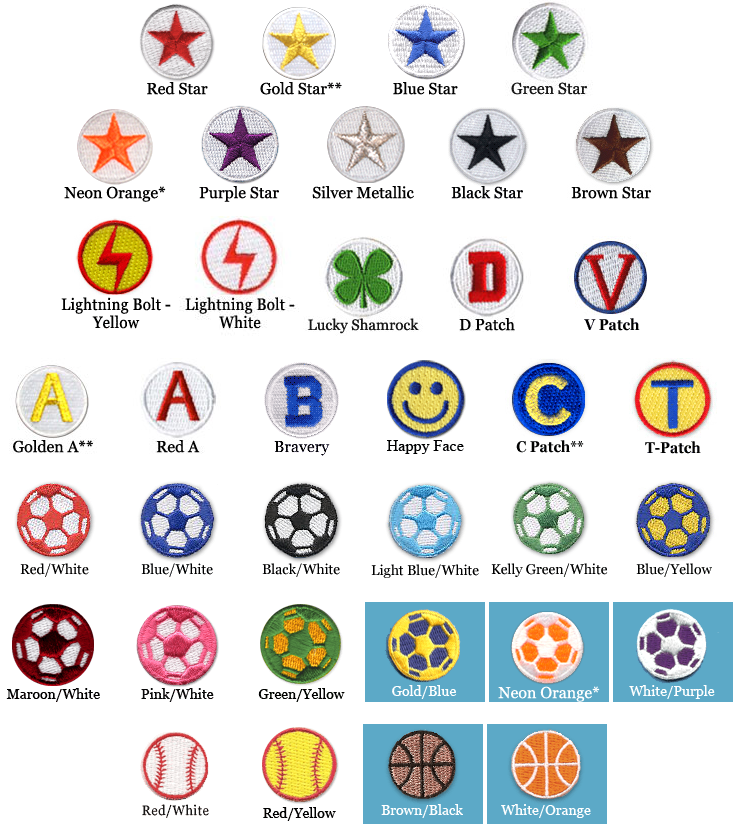Soccer World Cup Overview
Understanding the World Cup of Soccer
Soccer Coaching Lessons from the World Cup, Part 1
Soccer Coaching Lessons from the World Cup, Part 2
Soccer Coaching Lessons from the World Cup, Part 3
Soccer Coaching Lessons from the World Cup, Part 4
Predictions and Favorites in the 2010 Soccer World Cup
Subscribe to the Free SoccerHelp Newsletter
How to analyze World Cup soccer teams
How World Cup Teams Can Score on Packed In Defenses
World Cup Update & How Soccer Stopped a War
How to Increase World Cup Goal Scoring
How World Cup Soccer Goals Are Scored
Greatest World Cup Soccer Players 1958-1978
This article is an overview of the Soccer World Cup -- what it is, why it is important and how it operates. It will be much more fun if you understand the format and what to expect.
The soccer World Cup is the most widely watched sporting event in the world, and has been held every four years since 1930, with the exception of World War II. Hundreds of qualifying games are played around the world over the three years leading up to the month-long World Cup.
Even if you don't understand soccer, you can feel the excitement of the crowds at World Cup matches.
ver 200 nations attempted to qualify for the World Cup. The "National Teams" are comprised of citizens of the particular nations, although some players will actually move to a different nation if they can't make the team of their home nation. Most players are employed by professional teams who give them permission to play for their national team. Many nations pay the players to play for their National Team and nations try to hire the best coach, even if he's from a different country, and they are paid very well.
The World Cup features 32 national teams (the host nation and the 31 best teams from the qualifying tournaments). The games are played over a month in the host nation(s).
There are two stages of the month-long World Cup; a "Group Stage" and a "Knockout Stage".
In the first stage (the "Group Stage"), the 32 teams are placed into eight groups of four teams each. Each group consists of one "seeded" team based on FIFA Rankings and recent World Cups, and the other teams in each group are selected at random from the top finishers in qualifying play and the host team. Groups are set up so that no group contains more than two European teams or more than one team from any of the 5 other FIFA zones (there are six FIFA continental zones; Africa, Asia, North and Central America and Caribbean, South America, Oceania and Europe). Each group plays a round-robin tournament, guaranteeing that every team will play at least three matches. The last round of matches of each group is held simultaneously to prevent collusion between nations. Three points are awarded for a win, one for a draw and none for a loss. The top two teams from each group advance to the second stage (the "Knockout Stage"). If two or more teams finish even on points, tie-breakers are used: the first is "goal differential" then total goals scored, then head-to-head results, and finally drawing of lots. In the Group Phase, games may end in a draw.
The second round, or "Knockout Stage," is a single-elimination round in which teams play each other, and there are no draws; extra time and penalty kicks are used to decide the winner. The "Knockout Stage" begins with the "Round of 16" in which the winner of each Group plays against the runner-up from another group. This is followed by quarter-finals, semi-finals and a final. The losing semi-finalists play a match for third place.
In 2010, the World Cup was held in South Africa and started on June 11 and the finals will be held July 11.
The 7 national teams that have won the World Cup are allowed to add one star to the crest on their shirt for each World Cup their nation has won. Brazil has won 5 times, Germany and Italy 3, Argentina and Uruguay 2, and France and England once.
One reason that nations want to host the World Cup is that the host team automatically qualifies for the World Cup. Another reason is that history has shown that there is a home team advantage; England (1966) and France (1998) won their only World Cups while hosting, and South Korea finished 4th in 2002.
The current World Cup trophy is solid gold and cannot be won outright, its ownership remains with FIFA (the world soccer governing body). The World Cup winner retains it until the next World Cup at which time they relinquish it and are given a replica gold-plated trophy.
Notice the tradition of exchanging jerseys at the end of the match. Also, you may notice the talk about international "caps". That means the number of times a player has played for his national team. Years ago players used to actually get a cap, but I don't believe they get one anymore. If you know more about this, please write us and we will share it.
Soccer Rules and Regulations - Soccer Rules, Rules of Soccer and Soccer Regulations
Soccer Positions Basics - Soccer Positions and the Roles of Players in Positions
Soccer Formations - Soccer Formations are Explained
Soccer Dictionary - Dictionary of Soccer Terms
See prices for our iron on Motivational Soccer Patches
